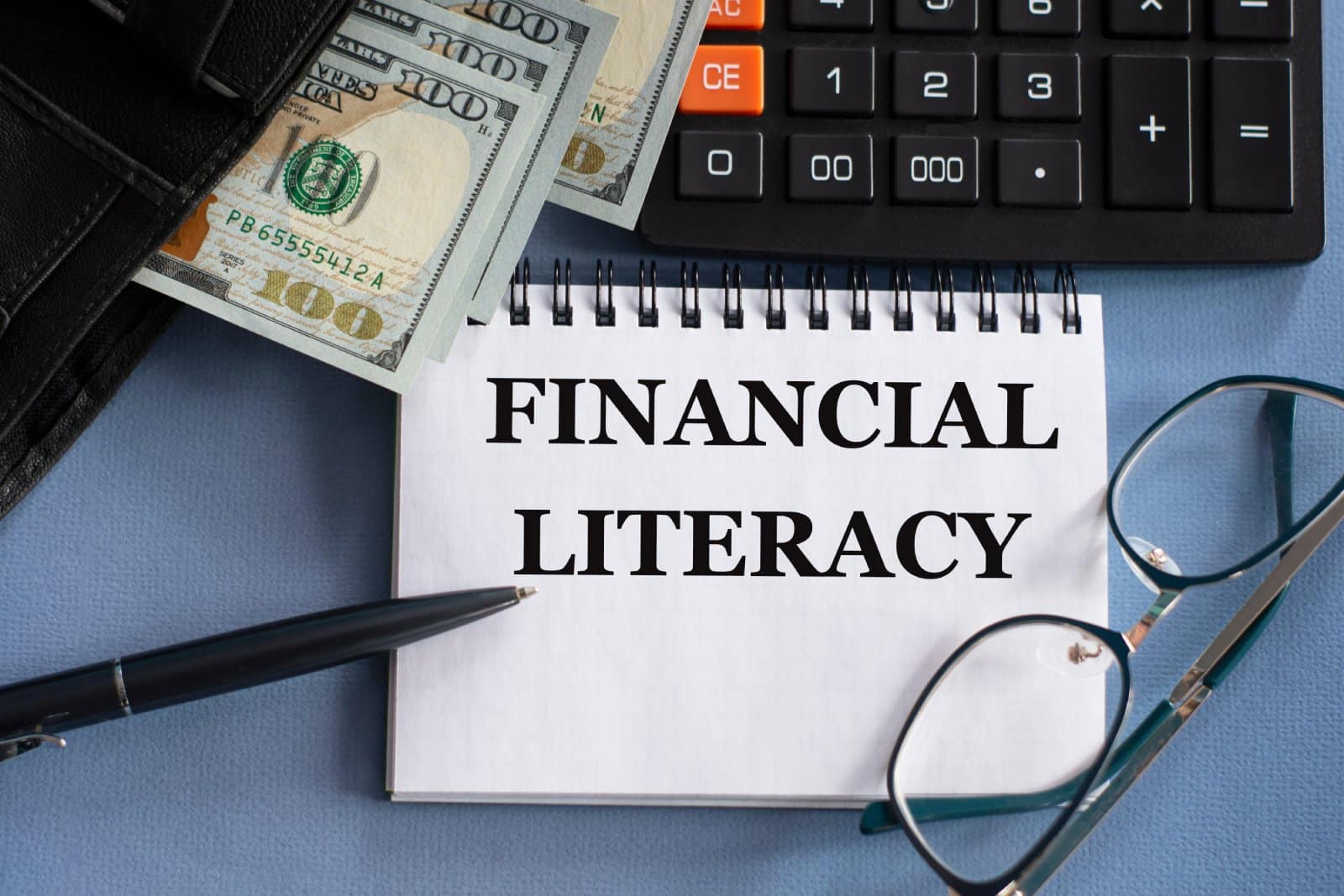Compulsory personal finance classes are being adopted in schools across the U.S., and for good reason.
A Much-Needed Boost

Financial literacy rates in the U.S. are becoming an increasing cause for concern, and dozens of states are using the education system to address the problem.
Compulsory Personal Finance Classes

State curriculums across the U.S. are adopting compulsory personal finance classes that students must take to graduate from high school.
From 8 to 25

Between 2020 and 2023 these new class requirements have soared. In 2023 only 8 states had personal finance courses on offer for students, but as of 2024, there are 25 states on track to implement compulsory classes.
Pennsylvania Joins the Club

As of December 2023, Pennsylvania became the 25th state to pass compulsory high school finance courses into law.
4 Out of 10 Students

John Pelletier, who is the director of Champlain’s College’s Center for Financial Literacy, says that now “more than 4 out of 10 U.S. high school students will be enrolled in schools where a stand-alone, full-semester course in personal finance is required before graduating.”
Welcome News

Many experts and advocates see financial literacy in early life as a key component for future success, so the avalanche of change in education is welcome news.
States Are Taking Notice

“All of a sudden, it does seem like states are sitting up and taking notice, and it’s really just happened in the past couple of years,” said FitMoney executive Jessica Pelletier.
FitMoney is a philanthropic non-profit that promotes financial literacy programs in schools.
High Hopes for Financial Literacy

Many hope these courses will go far in amending the plummeting rates of financial literacy in the United States.
According to the Financial Industry Regulatory Authority, only one-third of all American adults have a competent understanding of terms like interest rates and mortgage rates.
Plummeting Rates

The same authority has shown that financial literacy in the U.S. has fallen by 19% in the last ten years.
Set Up for Failure

Failing to teach young people about personal finances and financial management is also setting them up for failure further down the road as they enter the workplace and begin to make important personal decisions.
Negative Effects Over Time

A lack of financial acumen can have devastating effects over time. It results in higher rates of debt, including medical debt and student loans, impacted credit scores, and issues qualifying for home ownership and saving for retirement.
Impacted Health

It also leads to worse health outcomes. Financial issues are one of the major causes of stress, which in turn is linked to numerous health problems, such as depression, anxiety, sleep issues, and heart disease.
COVID and COL

Economic fluctuation since the beginning of the COVID-19 pandemic, as well as a steadily increasing cost of living, has made financial literacy a more urgent matter in recent years.
“Legislators Are Taking Notice”

“I think those two things combined really made parents and educators together become a very cohesive voice for financial literacy,” Pelletier added.
“And so legislators are taking notice [of] what they’re hearing from their constituents, that this is what they want.”
Money Issues Brought to Light

“The pandemic brought to light how important managing your money is because so many had to cut back or lost their jobs,” Leigh Singleton agreed.
Singleton is the director of the financial education program Monifi Bank MoneyMoments. “It’s an important topic to teach our kids,” she added.
It Should Start at School

Experts also believe that high school, and potentially middle school, are the best places to teach kids about finances.
While many parents are enthusiastic about their children learning more about money, an at-home education isn’t available to everyone.
Different Outcomes for Different Families

“Some kids don’t have families, you know,” says Laura Levine, the CEO of Jump$tart Coalition for Personal Financial Literacy.
“Maybe your family is less advantaged and your parents don’t know that much about the financial system.”
Foster Children Worse Off

She also pointed to the millions of American children in the foster care system, who are already burdened with worse financial outcomes and are highly unlikely to receive financial education in the home.
“They’ll Learn on Social Media”

Tim Ranzetta, founder of the non-profit Next Gen Personal Finance, also pointed to another inferior source of financial education.
“If we don’t teach them in school, they’ll learn on social media,” he said.
Things Are Looking Up

But with a 229% increase in students who are enrolled in high schools with compulsory personal finance courses between 2017 and 2024, things are looking up for America’s financial literacy rates.
Featured Image Credit: Shutterstock / LStockStudio.
The content of this article is for informational purposes only and does not constitute or replace professional financial advice.
The images used are for illustrative purposes only and may not represent the actual people or places mentioned in the article.
